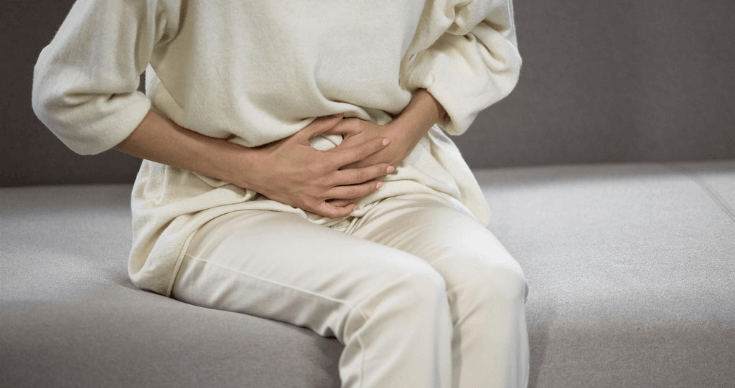
Gynecological Problems
Gynaecological problems and its symptoms ranging from menstrual disorders to urinary incontinence. We have listed down for you a few of the most common gynaecological problems and its treatment options.
Menstrual Disorders : Heavy bleeding, prolonged bleeding, bleeding while having sex, bleeding between periods are the signs of a menstrual disorder. Depending on the severity of the condition the treatment options (medical or surgical) are adopted.
Dysmenorrhea
It is a condition where a woman experiences abnormally painful cramps, pain in the lower back, inner thighs and hips, nausea and loose stools during her menstruation days. The pain is caused due to the insufficient supply of oxygen to the uterine muscles while contracting. The severity of the pain is said to decrease as a woman ages and is mostly resolved by childbirth.
What causes dysmenorrhea?
The underlying causes of dysmenorrhea can be anyone or a combination of the following:
• Fibroids: Benign tumour in the uterus
• Endometritis: Uterine infection
• Adenomyosis: A glandular growth into the myometrium
• Endometriosis: A condition where the uterine tissue grows outside the walls of the uterus
• Intrauterine devices (IUD)
• Ovarian cysts
Abnormal Uterine Bleeding
A normal menstruation cycle runs for an average of 28 days where the bleeding “period” is between 3 and 5 days. Any changes in this cycle is said to be abnormal. Abnormal uterine bleeding is defined as excessive, infrequency in duration and amount of bleeding in a woman and it should be evaluated. It is caused due to hormonal imbalance, pregnancy, physical abnormalities, and cancer. Causes and treatment of abnormal uterine bleeding.
The causes of abnormal uterine bleeding are divided into two:
If the patient is ovulatory, it is caused due to:
• PCOD: Poly Cyst Ovarian Disease (PCOD) is a condition where the ovaries produce follicles that develop into cysts.
• Fibroids: Benign tumour in the uterus
• Endometritis: Uterine infection
• UTI: Urinary tract infection
If the patient is anovulatory, it is caused due to:
• Perimenopausal bleeding
• Dysfunctional uterine bleeding (DUB)
• Extrinsic hormone effects
• Menarche: First period
PMS or Premenstrual syndrome
Premenstrual syndrome (PMS) is a condition that affects a woman’s emotions, physical well-being, and behaviour at certain days before her menstrual cycle. The changing levels of estrogen and progesterone are said to be responsible for it
Treatments:
• Exercise regularly
• Vitamin supplements (calcium, magnesium, and vitamin B-6)
• Cut off caffeine
• Counselling sessions
• Stress management
